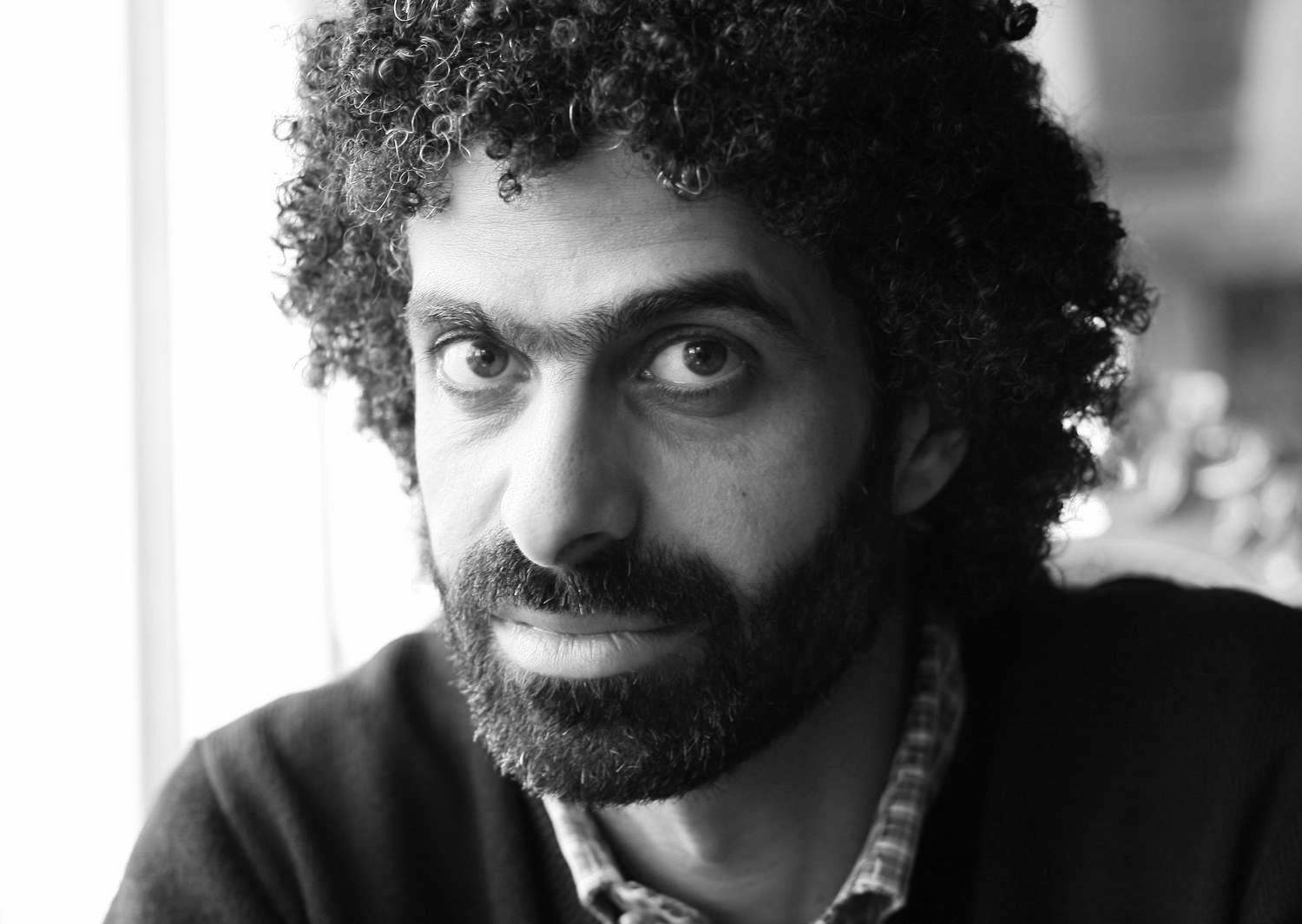
By Nervana Mahmoud
For many non-Muslims, “Allahu Akbar”, or “God is Great”, has become synonymous with radicalism, brutal murders, rape, and even cannibalism committed in the name of Islam. It is hardly surprising, as the Islamic slogan has been repeatedly used and abused by anyone who wants to justify his or her crimes by adding the wrap of Islamic religiosity. A recent example of such glaring abuse in the name of God was the appalling crime in Woolwich, in which two criminals brutally attacked a soldier, beheading him and mutilating his body. Eyewitnesses reported how the perpetrators chanted “Allahu Akbar” while committing their sick murder.
The crime in Woolwich, like many previous terrorist acts, ignited debate about Islam and extremism. Of particular interest has been whether radicalism is linked to the exploitation of Muslims’ grievances or ideological and theological interpretations of Islam. In fact, it has nothing to do with either. As Jamie Bartlett explains, many young Al-Qaeda terrorists are not attracted by religion or ideology alone, but also by the glorification of violence, precisely why more attention should be paid to the concept of “Takbir”.
Historically and over the last few decades in contemporary usage, there has been a slow and subtle evolution in the use of “Allahu Akbar”. This shift sheds some light on the current free-for-all use of this slogan.
Allah for beauty
It may be a revelation for some, but until the 1970s, “Allahu Akbar” was used within the Muslim society mainly in the call for prayers and religious ceremonies. The wider public in the Muslim world used the word Allah to praise natural beauty. The term “Allahu Akbar” was a step further and used during special occasions such as weddings, graduations, and birth. It was used as an expression of awe, reverence, or deep appreciation of God’s creation, and to invoke God’s blessing for these special events. Old black and white Egyptian movies are full of endless examples of such behaviors that reflect the depth of religiously and appreciation of the Almighty in Islamic tradition.
The rise of Takbir
The social, economic, and political changes in various Arab and Muslim societies, particularly with the rise of political Islam, have taken the use of “Allahu Akbar” to a new and different meaning. Now, the word Takbir is a prompt used to trigger Muslims to chant “Allah Akbar”, and has become a routine at Islamist gatherings. This is the case for occasions ranging from benign charity events to more sinister radical group meetings. For each, a man usually stands in the crowd with a special designated job to prompt others to chant “Allahu Akbar”. Prompting the crowd to chant Islamic slogans has become a deliberate and devious policy by Islamist groups and parties to cloud the relationship between Islam and politics, and to cast an air of legitimacy over their goals.
Takbir as a distress call
The Arab awakening has added a new shade to the politics of Takbir. On the one hand, it pushed various Islamist parties into the public arena. They all use Takbir and other religious slogans, yet they vary politically and religiously (e.g., Muslim Brotherhood and various Salafi parties). On the other hand, the ruthlessness of the fight in countries such as Syria has been reflected in an endless scream for God’s help. Indeed, there are few videos emerging from Syria without the word Takbir in their content. Takbir has become a sign of distress and despair, rather than a sign of religious or political affiliation. The stunning destruction of cities, town, and villages has transformed Takbir into a desperate call for help.
Takbir and wartime
In addition to its use in peacetime within the Muslim society, it is important to acknowledge that “Allahu Akbar” was used in both medieval and contemporary battlefields when Muslims were fighting foreign armies, mainly to create a sense of belonging, unity, and to evoke morals. It is also important, however, to understand that even in medieval times, these chants were organised, rationed by leaders, and were not allowed to overwhelm the scene or to exploit enemies. The manners and conduct of Saladin in fighting the crusaders are just one example of this approach.
This attitude has changed recently, particularly after the rise of non-state players and radical groups. Radicalism has indulged in abusing the words “Allahu Akbar” to justify murderous criminal acts. By creating the mindset of a permanent state of war and continuously feeding it through endless chants of “God is Great”, radicals exploit weak and insecure youth for criminal purposes within civilian communities. Invoking God has become the heroin of radical Islamists, numbing their moral codes and allowing them to authorise and legalise all forms of atrocities.
The shift in the use of Takbir from the vocabulary of beauty to the vocabulary of blood has, unfortunately, linked Muslims to gory crimes, such as the one in Woolwich. For decades, many Muslims have failed to calibrate their religious barometer, and tolerated the hijacking of God’s name under various pretexts. While anti-Islamic gestures have often prompted strong and irrational reactions, many Muslims have failed to see that the use of Takbir in election campaigns or civil war is far more blasphemous than a cheap video or cartoon that insults the prophet Mohamed. Surely, God is not just “Great” because X has won a parliamentary or presidential seat, or because Y has donated some money to an Islamic charity, or even because a rival in a civil war has lost a tank or an aircraft. Such cheap and cheesy uses of God’s name, despite their good intentions, have led to a cumulative heritage that is eventually abused by radicals to glorify despicable crimes. In other words, political Islam did not invent criminality, but it did initiate a slippery slope that eventually led to it.
Not much good comes out of horrific crimes such as the one in Woolwich, yet the graphic video that later emerged serves as another reminder to many devout Muslims of the glaring abuse of their religion, and has led the Muslim community in Britain to stand firmly against this abhorrent act. Meanwhile, in the Arab world, many Muslims continue to fight hard against radical Islamism to reclaim Islam from hijackers who use and abuse their religion for a wide range of purposes, ranging from winning elections to violent crimes.
Nervana Mahmoud is a doctor, blogger and writer on Middle East issues. You can follow her on Twitter @Nervana_1


